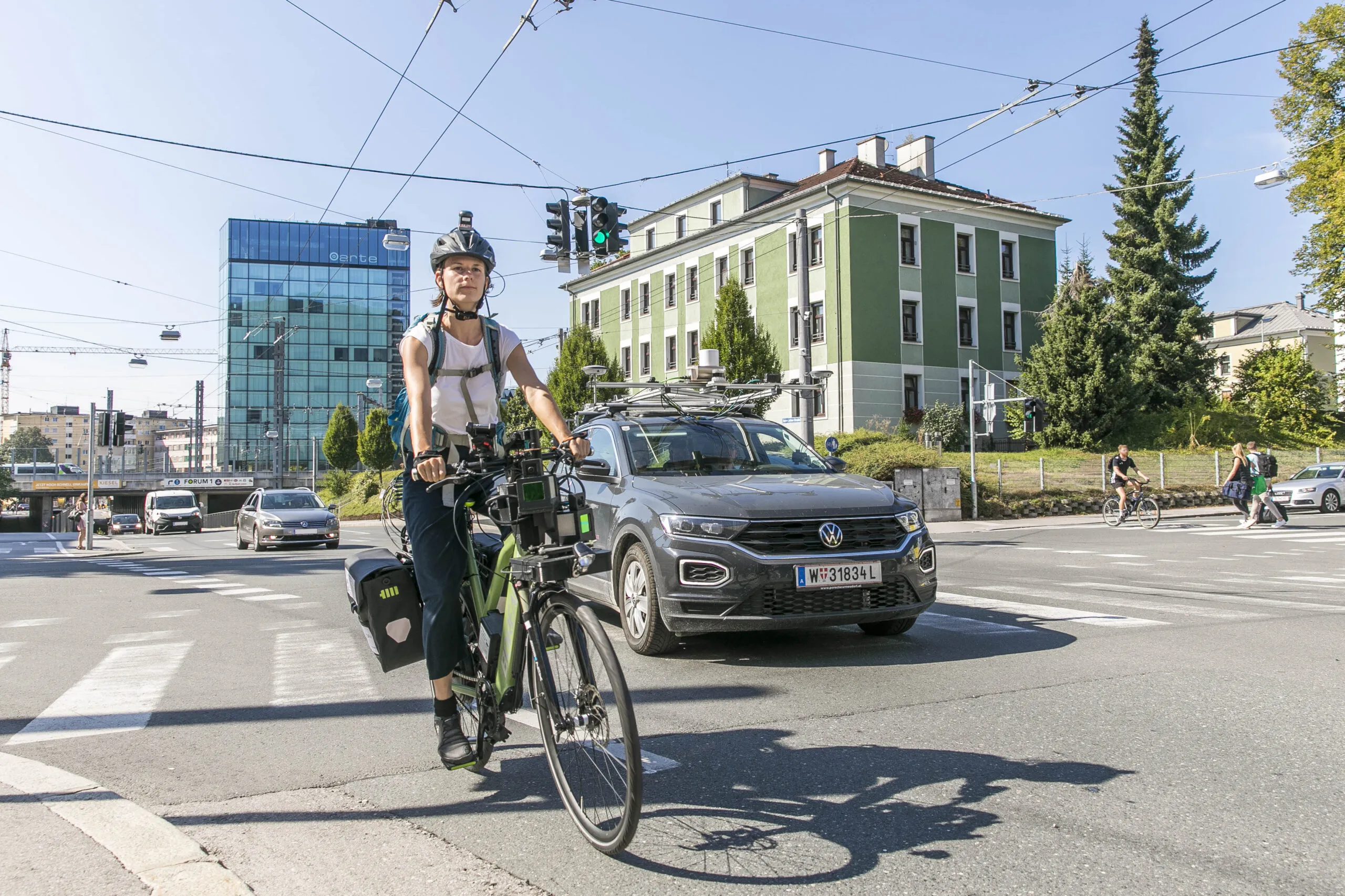“Of utmost importance is finding a balance between guarding public safety while regulating insurance/liability and simultaneously encouraging investment in research and development of driverless vehicles and their implementation and integration into our transportation system,” she says.
Isaac says it is government action – now and in the future – that will determine how AVs are integrated into society and if the impacts are largely positive or negative.
WSP/Parsons Brinckerhoff - Driving towards driverless
WSP/Parsons Brinckerhoff US-based manager for Sustainable Transportation Lauren Isaac, who is to speak on connected and autonomous vehicles (CAV) at the forthcoming ITS World Congress in Melbourne, suggests in a research paper, Driving Towards Driverless, that new AV world will be either a nightmare or utopia. She suggests that which scenario plays out will largely depend on the amount of vehicle sharing future road users are prepared to accept. For example, close to full automation and ride sharing would e
October 7, 2016
Read time: 2 mins










